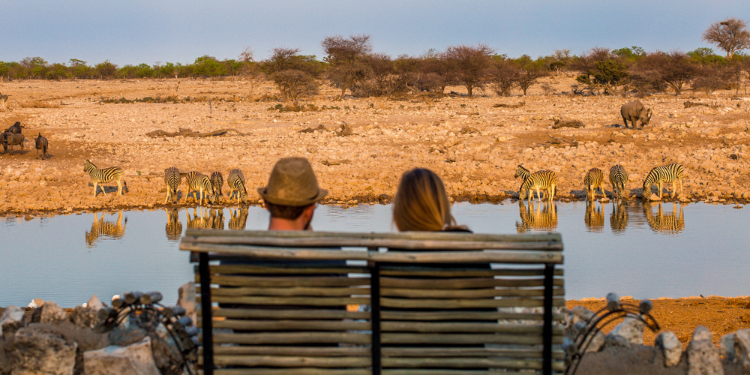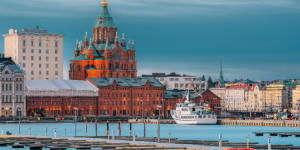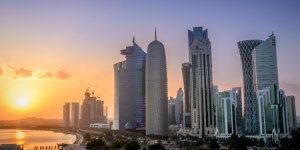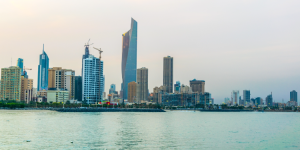
2022 is well on its way to becoming the year of digital nomads. With Brazil, Portugal, and Mauritius among many, the list of countries open to remote workers is growing. Namibia is set to become the newest member of the trendy club of digital-nomad-friendly countries. But what are the characteristics of this Namibian digital nomad visa?
Who is eligible for the Namibian digital nomad visa?
The Namibian government announced its new digital nomad visa on October 11 via a decree. Basically, Namibia's digital nomad visa is quite similar to those offered elsewhere, and it aims at offering a tailor-made visa for self-employed expats or remote workers.
The Namibia Investment Promotion and Development Board (NIPDB), in charge of the project, has detailed the conditions for obtaining the visa. Applicants must prove that they have a monthly income of at least $2,000 and have their own health or travel insurance that shall cover them throughout their stay in Namibia.
The country competes in the same league as Antigua and Barbuda with its 1,500 euros monthly requirement, Georgia and Barbados that require a 2,000 dollars monthly revenue, Croatia, with a 2,200 dollars monthly revenue requirement, or Costa Rica and its 2,500 dollars monthly requirement. The Namibian digital nomad visa will cost approximately 62 dollars and has a 6 months duration. All foreigners will be eligible as long as they meet the above-mentioned requirements, that is, income and health insurance.
How does Namibia intend to boost growth with the digital nomad visa?
By creating its digital nomad visa, Namibia becomes the fourth African state to open up to this new breed of mobile workers. Mauritius, Seychelles and Cape Verde already have their own digital nomad visas. South Africa, Namibia's neighbor, has been considering the introduction of it's own digital nomad visa since the beginning of the year.
With this new visa, the Namibian government intends to boost its economy by attracting new types of tourists. This is also the main objective of countries like Brazil, Portugal, and Spain, among many others. All of them want to take advantage of the digital nomadism boom, which has been on the rise ever since the Covid pandemic. For Namibia, it is more of a question of survival. The country's tourism sector is an essential economic pillar that will account for more than 50% of the Namibian GDP this year. “It's about boosting growth while guaranteeing a pool of jobs for Namibians,” said Nangula Uaandja, President of the NIPDB.
To attract foreigners, the country is highlighting its good overall performance. It is ranked 6th in Africa in terms of digitization of public services as per HEGDI, the High E-Government Development Index, standards. Namibia increased its connection speed by 42.3% in 2021, and the government is multiplying investments to improve the Internet penetration rate and, by doing so, to bring down connection costs. The average price of a gigabit (1GB) of Internet exchange in Namibia is still very high; however, standing around about $10 compared to only $0.87 in Mauritius. At the bottom of the table lies Seychelles, with an average price of $12.66 for 1GB (Source: Cable.co.uk).
The Namibian government also knows that it is essential to accelerate the digital transition, not only to attract digital nomads but also to meet the demands of Namibians. More Internet at lower prices also means more efficient economic exchanges and more growth. Known already to tourists for its scenic beauty, Namibia is looking to conquer new heights. It wants to promote itself as a new flagship destination for digital nomads.



















